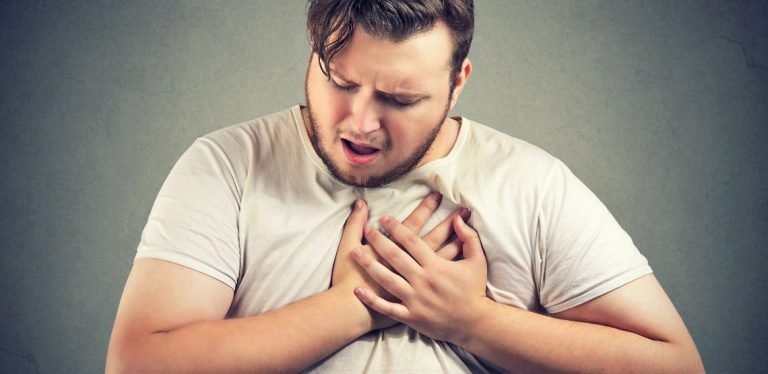Signs of Heart Valve Disease
Knowing the signs of heart valve disease is important because early detection can help with treatment. Here are some common signs to look out for.
Shortness of Breath
People with heart valve disease often feel short of breath, especially during activities like walking, climbing stairs or exercising. This happens because the heart is not pumping blood as well as it should.
Fatigue
Feeling very tired or weak is another common sign. You may notice that simple tasks take more effort than they used to. This is because your heart is working harder to pump blood.
Chest Pain or Discomfort
Some people experience chest pain or discomfort. This pain may feel like pressure, tightness or a heavy weight on the chest. If you have chest pain, it's important to see a doctor right away.
Swelling in the Legs or Abdomen
Heart valve disease can cause fluid to build up in the body, leading to swelling in the legs, ankles or abdomen. This happens because the heart cannot pump blood effectively, which causes fluid to leak out of the blood vessels.
Irregular Heartbeat
You might notice that your heart beats too fast, too slow or feels like it skips a beat. This is known as an irregular heartbeat or arrhythmia. It can happen when the heart is not working properly.
Dizziness or Fainting
Some people with heart valve disease may feel dizzy or lightheaded, and some might even faint. This can happen because the heart is not pumping enough blood to the brain.
Palpitations
Palpitations are feelings of a racing or pounding heart. If you feel your heart beating harder than usual, it could be a sign of a problem with the heart valves.
When to See a Doctor
If you notice any of these signs, it's important to see a doctor. They can perform tests to find out if you have heart valve disease or another heart condition. Early diagnosis can lead to better treatment options.
Treatments for Heart Valve Disease
If diagnosed with heart valve disease, there are several treatment options available, depending on the severity of the condition:
Medications
Doctors may prescribe medications to help manage symptoms and improve heart function. Common medications include:
- Diuretics: Help reduce swelling by getting rid of extra fluid in the body.
- Beta-blockers: Help slow the heart rate and lower blood pressure.
- Anticoagulants: Help prevent blood clots.
Lifestyle Changes
Making healthy lifestyle changes can also help manage heart valve disease. Some recommendations include:
- Eating a heart-healthy diet: Focus on fruits, vegetables, whole grains and lean proteins while reducing salt and saturated fats.
- Regular exercise: Staying active helps keep the heart strong. Always talk to your doctor before starting a new exercise program.
- Avoiding smoking: Quitting smoking is crucial for heart health.
Surgery
In some cases, surgery may be needed to repair or replace a damaged heart valve. The two main types of surgery are:
- Valve repair: In this procedure, the doctor fixes the existing valve to help it work better.
- Valve replacement: If a valve is too damaged, the doctor may replace it with a mechanical valve or a tissue valve.
Follow-up Care
Regular follow-up appointments with a doctor are important for monitoring heart valve disease. This helps ensure that any changes in condition are addressed quickly.
Understanding the Signs
Recognizing the signs of heart valve disease is crucial for early diagnosis and treatment. If you experience any of these symptoms, talk to your doctor right away. With the right treatment plan, many people with heart valve disease can live healthy and active lives.
Keep up with your heart health by following a proper diet.
